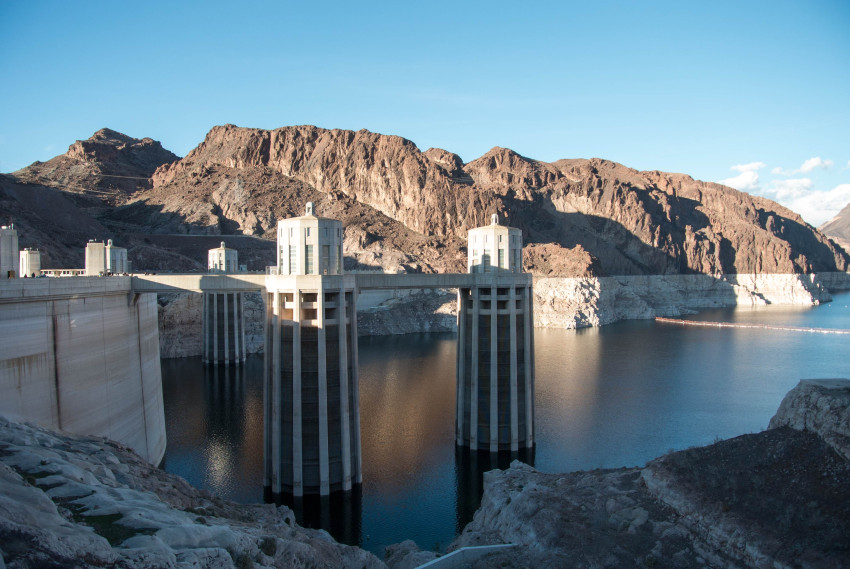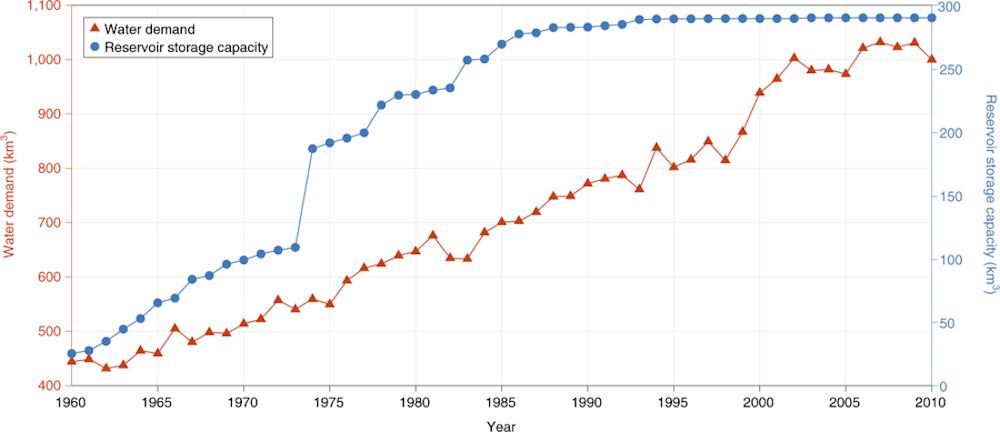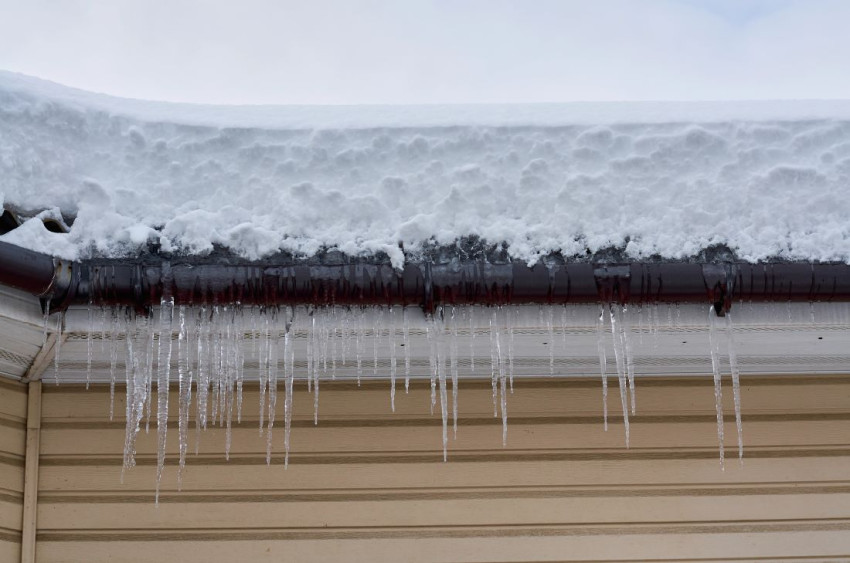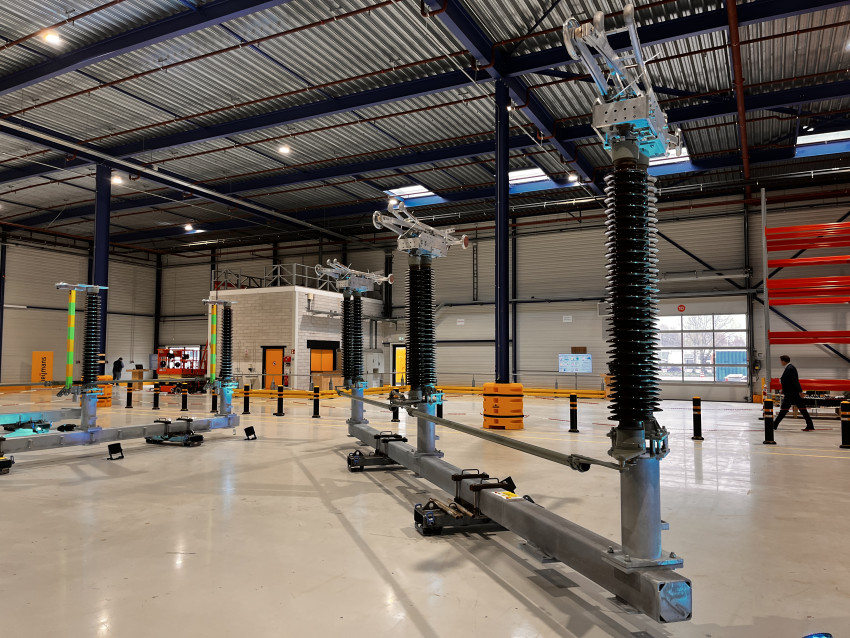
Reservoirs can be counterproductive
Researchers from the Netherlands and abroad have warned about the long-term effects of reservoirs. A reliable water supply drives up demand, causing areas to become even more vulnerable to severe drought, they write in the journal Nature Sustainability.
Researchers have known about these phenomena in other sectors for some time. Protection against flooding, by dikes for instance, makes an area more vulnerable if the dikes are breached, as people live behind the dikes as if a flood is unthinkable. The idea that demand increases at the point at which something is plentiful, is based on a well-known economic principle: the Jevons paradox.
DEMAND INCREASING RAPIDLY
By improving the water supply, reservoirs have brought progress to many communities. The researchers mention Athens, Las Vegas and Melbourne as examples. In these cities, the emergence of reservoirs at the beginning of the previous century coincided with a major economic boom. Demand for water increased, requiring even bigger reservoirs. This cycle continued, with drought becoming a constant threat.
'A larger water supply leads to a higher demand for water, in turn undermining the benefits of a reservoir. This can lead to a vicious circle in which a new shortage is solved by greater reservoir storage, and hence more consumption, until the next shortage arises,' says hydrologist Niko Wanders on the website of Utrecht University. The other Dutch researchers are Ted Veldkamp from VU Amsterdam and Pieter van Oel from Wageningen University.

DROUGHT IN MELBOURNE
Melbourne is a good example of how it can go horribly wrong. The reservoirs had sufficient capacity for limited drought conditions, but during the Millennium Drought (2001-2009), the city faced major issues, as the reservoirs had nowhere near enough water to guarantee supply during the protracted drought. In Athens, in 1987 (two years after water was classified as a fundamental right for citizens), a major drought occurred that almost completely drained the reservoirs that had been full to overflowing.
Now that climate change is expected to result in more and longer periods of drought in vulnerable areas, it is important to take these mechanisms into consideration.
RESERVOIRS ARE CONTROVERSIAL
Reservoirs are frequently embroiled in controversy due to their environmental impact, and effect on the locality and water supplies elsewhere. These concerns often play a role in the decision whether or not to build a reservoir. But the long-term effects described in this new study are often not factored in.
This is partly down to a lack of information, as it is difficult to demonstrate the long-term effects in a scientifically robust way. This would require studying two areas that are similar and then constructing a reservoir in one but not the other. Such situations do not exist in the real world.
STUDYING THE EFFECT OF RESERVOIRS
The researchers are therefore asking policymakers, water researchers and engineers to develop tools to better monitor the impact of reservoirs in future, bearing in mind the possible long-term effects. This will help to clarify whether or not reservoirs represent the best solution for supplying water to dry areas.
If you found this article interesting, subscribe for free to our weekly newsletter!
Opening image: Michelangelo Brandimarte







